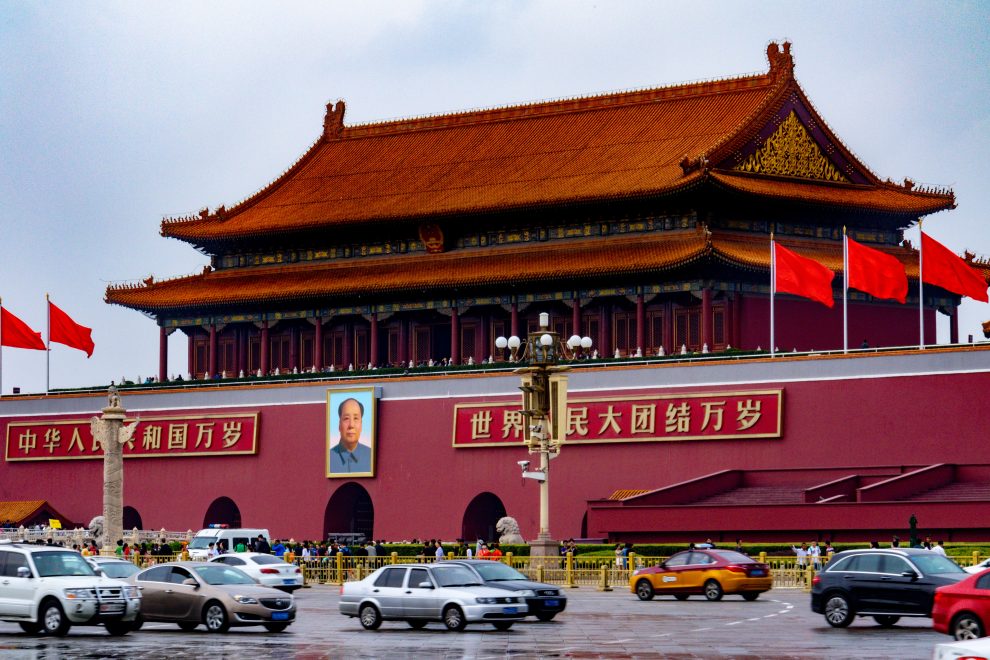China’s Parliament on Thursday passed the Anti-foreign Sanctions Law, providing a comprehensive legal cover for blocking foreign sanctions against Chinese officials and entities and protecting them against the long-arm jurisdiction.
Individuals or entities involved in making or implementing discriminatory measures against Chinese citizens or entities could be put on an anti-sanctions list by a “relevant department” in the Chinese government.
Those on the list may be denied entry into China or be expelled from China. Their assets within China may be seized or frozen. They could be restricted from doing business with entities or people within China.
The new law is China’s latest and most wide-ranging legal tool to retaliate against foreign sanctions and is intended to give Chinese retaliatory measures more legitimacy and predictability, according to local experts as published in newspapers.
The law was passed in the backdrop of the US and EU countries slapping sanctions. The US government has been imposing sanctions on a growing number of Chinese entities such as high-tech firms Huawei and ZTE over the so-called national security risks and sanctioned a number of senior Chinese officials under the United States Xinjiang and Hong Kong bills last year.
Under the law, which took effect Thursday, Chinese entities and individuals can file lawsuits in Chinese courts to seek compensation for harm caused by foreign sanctions.
LEGAL ASPECT
Legal experts in China state that the first of its kind, the Anti-foreign Sanctions Law will offer the country strong legal support and measures against discriminatory and unilateral sanctions issued by foreign countries.
According to Article 6 of the new law, the countermeasures include rejecting and cancelling visas; deporting individuals; foreclosing, confiscating, or freezing assets; banning or limiting business between targets and the parties imposing sanctions; and any other “necessary measures.”













Add Comment